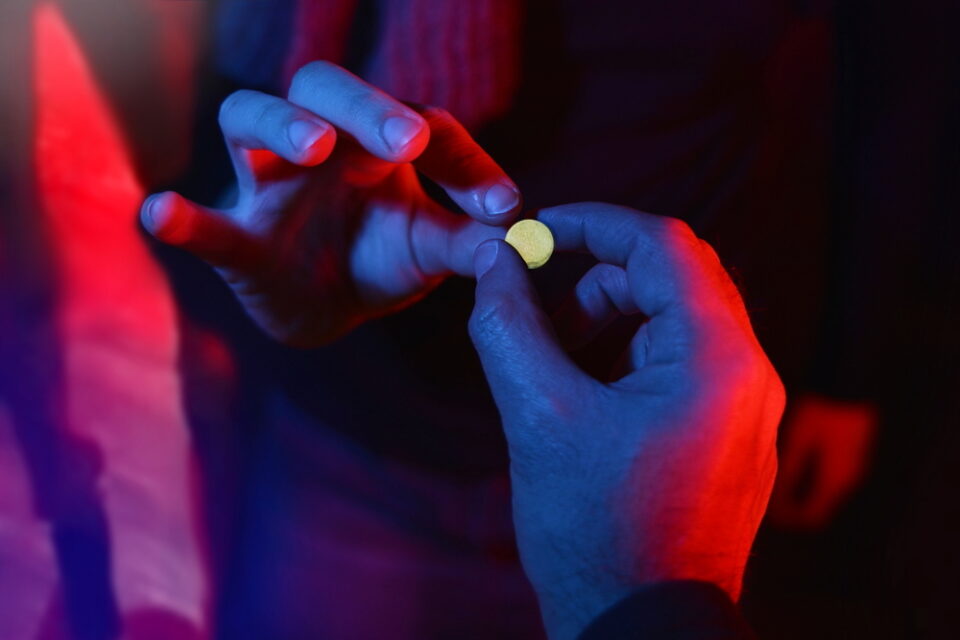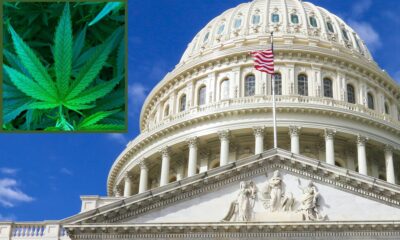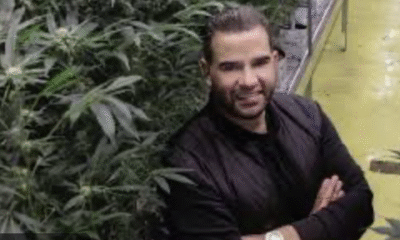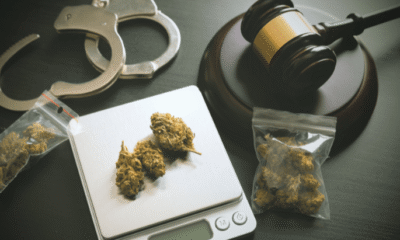The Institute for Clinical and Economic Review (ICER) recently posted its revised evidence report assessing the comparative clinical effectiveness and value of 3,4-Methylenedioxymethamphetamine-assisted psychotherapy (MDMA-AP, a psychotherapy protocol from Lykos Therapeutics) for the treatment of post-traumatic stress disorder (PTSD).
ICER provides independent evaluations of medical tests, treatments, and systems.
The institute concluded that the current publicly available evidence is insufficient to assess the overall net benefit of MDMA-AP, which gave the company an “I” rating. ICER also stated that it would not provide Health Benefit Price Benchmarks for MDMA-AP based on that incomplete rating.
“PTSD can be a severe condition affecting nearly all aspects of an individual’s life,” said ICER’s Chief Medical Officer David Rind, M.D. “Current therapeutic options are insufficient for many people with PTSD. While MDMA-AP may be a promising therapy for PTSD, functional unblinding in the clinical trials and additional concerns around trial design and conduct led to ICER concluding that the publicly available evidence is insufficient to assess the balance of benefits and harms.
“It will be incumbent on regulators with complete access to primary data to carefully evaluate whether MDMA-AP has been proven safe and effective,” he added.
Concerns over study
Echoing many of the statements made to the FDA Advisory panel on Lykos and its MDMA study Tuesday, ICER said it had substantial concerns about the validity of the study.
Unblinding was one of the biggest issues, meaning study patients knew if they were taking MDMA and not a placebo. Plus, many of patients went into the study with a bias towards a positive outcome for the MDMA treatment.
The report stated, “Concerns have been raised by some that therapists encouraged favorable reports by patients and discouraged negative reports by patients including discouraging reports of substantial harms, potentially biasing the recording of benefits and harms.”
ICER also said that it had received relatively little input from Lykos Therapeutics, the sponsor of the trials. After the publication of its draft report, Lykos submitted public comments but still has not engaged in dialogue with ICER about the issues.
The MDMA bubble
The report also found fault with the pool of therapists used in the study and that, in some cases, trial participants appeared to have pulled heavily from the existing community of those interested and involved in the use of psychedelics for possible psychological benefits. ICER also noted that some of the therapists had close relations with those running the clinical trials.
“This is unusual and heightens concerns about pressures to tailor reported results,” the report said.
Even darker comments entered the report when ICER wrote that, “Some participants felt they could be shunned if they reported bad outcomes or that it could lead to future patients being denied the benefits of MDMA-AP.”
It went on to say that some patients were told by their therapists that their negative outcomes were evidence that they were responding appropriately and would eventually improve. However, ICER found that some patients were prevented from entering the long-term follow-up study and felt this was done to keep these negative outcomes out of the data set.
Sexual boundaries
One issue that continues to haunt the Lykos study trial is a report of sexual misconduct. Despite the trial requiring dual treatment by one male and one female therapist, sexual boundaries apparently were severely crossed with at least one patient in a Phase II trial.
“We heard from multiple experts about the concerns this raises for treatment outside of clinical trials. Nearly everyone we spoke with discussed how MDMA breaks down barriers, heightens suggestibility, and creates a substantial risk with any therapists who might choose to take advantage of patients,” the report noted.
The institute found that one study participant reported an incident of sexual misconduct during a study session, in which the psychiatrist and her unlicensed therapist husband deviated from the study protocol to perform intimate physical contact with the participant during a distress episode, while she was in a mind-altered state under MDMA treatment.
“The participant also reported nonconsensual sexual relations occurring with the unlicensed therapist after the completion of the experimental sessions, but during enrollment of the trial. Due to concerns of participant safety and therapist compliance, the Phase II study was temporarily suspended to prioritize federal review of all trials involving MDMA,” ICER wrote.
That issue was also raised during the FDA Advisory Panel hearing and has been a topic that Lykos appears to prefer to play down.
ICER isn’t without its critics either, however. The group receives significant funding from insurance companies. Despite that, the institute’s value assessments can have a strong influence on pricing decisions for a product, according to the American College of Allergy, Asthma and Immunology.

 California Cannabis Updates1 year ago
California Cannabis Updates1 year ago
 Breaking News1 year ago
Breaking News1 year ago
 best list1 year ago
best list1 year ago
 Business1 year ago
Business1 year ago
 Business1 year ago
Business1 year ago
 cbd1 year ago
cbd1 year ago
 autoflower seeds1 year ago
autoflower seeds1 year ago
 Bay Smokes1 year ago
Bay Smokes1 year ago














































